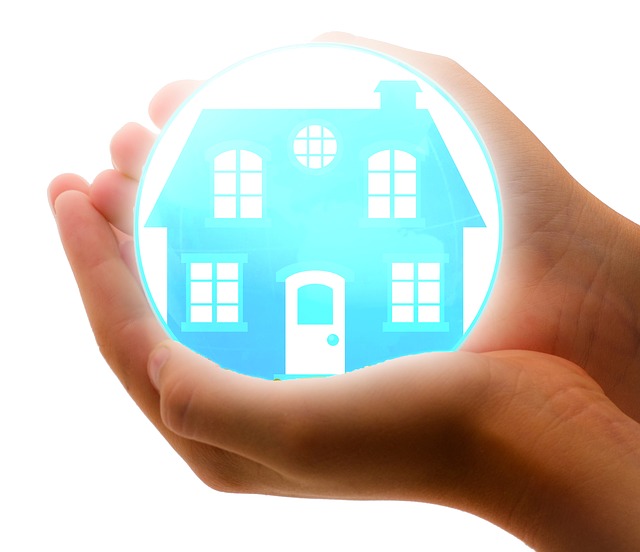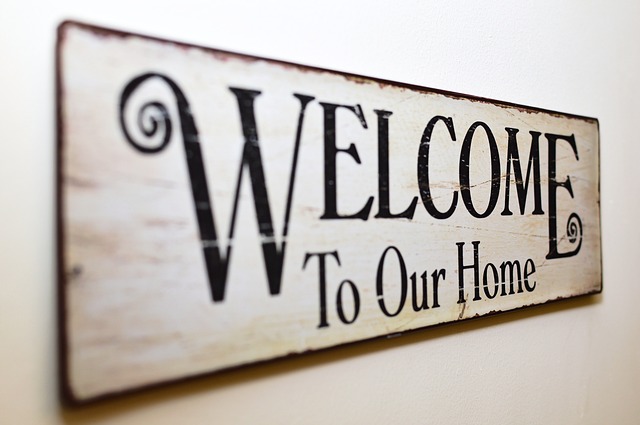12 Important Things You Need to Buy a Home

Financial capability is an important factor when you start shopping for real estate property. So here are a few things to determine if your finances are ready for the responsibility and commitment of buying a home.
Strong Finances
When you buy a home, you need to understand your finances, says Free Malaysia Today. That means knowing if you’re in a financially strong position or not. You can’t really consider shopping for property, unless:
- You’ve achieved your financial goals. Have you cleared all your debts? Whether it’s credit card bills or an existing loan, debt can drain your bank accounts dry. One measure of financial readiness is zero debt. Another one is funding retirement accounts. After clearing your debt, then you must think about the future. While everyone will age, it’s surprising how most people don’t entertain the thought of saving for their retirement, much less for when they grow old. The sooner you start on those accounts, the stronger your financial position will be and the sooner you can retire.
- You’ve got an emergency fund. Emergencies happen when people are often least prepared for it. You could lose your job. Or someone in the family could get into an accident, requiring treatment and hospitalization. That’s where your emergency fund comes in. So you can keep paying for your monthly mortgage and still have enough to cover the costs of the medicines and treatment as well as your daily expenses. Daily Finance says you need to have at least six months’ worth of expenses set aside. That should be enough to give you the financial leeway you need, at least until you’re well enough to get back on your feet or if you’ve finally found a new job.
- You’ve got an excellent credit history. Most people who buy a home tend to apply for financing assistance or a loan. But if you’ve got a bad credit history, you can be sure the lending companies and banks will see it too. Have a history of late payments? That could make you seem like credit risk, which would push the banks to disapprove of your financing request. So if you’ve got any plans to buy a home, make sure you take steps to clean up your credit history. Also, make sure to keep your money in the bank six months before you ask for financing. Withdrawing too much or moving it around might look bad for your credit since it could mean your finances aren’t stable. So leave them there at least until you’ve had your financing approved.
- You’ve done the math. Calculate all your costs. Your living expenses coupled with your monthly mortgage shouldn’t take up more than 25 percent of your budget. That’s how financially comfortable you have to be before you can afford to buy a home.
- You’ve got to be financially savvy. That means you’re wise and careful about spending your money. You’ve got to always be on the lookout for ways to save up on costs. One way to pull that off is to use online property listings. Browse through sites such as PropertyGuru Malaysia for cluster homes in the market and you’ll find a list of prospective houses you can check out. It’s convenient and easy to use so you get to save up on time, money and trouble.
Housing Affordability
So your finances are solid. Now, you can figure out how much you can afford to spend on property. Here are two things you need to look into to get that.
- Your available cash. Do you have enough to pay for upfront costs? This doesn’t just include the down payment, says The Star. You’ve got a ton of transactional fees to pay for such as stamping for the Sale and Purchase Agreement or SPA, the SPA document itself, the stamp duty for transferring the ownership title which is also commonly known as the memorandum of transfer or MOT. Then you have legal fees for the Loan Facility Agreement, the transfer of ownership title fee, government tax on any agreements you have such as lawyer fees and agent fees. Don’t forget the bank-processing fee for the loan too, among other things. This might not be a full list but you get the idea of how much you’ll have to deal with.
- Your monthly income. A lot of banks look at your age and income level to see if you could afford to keep up with the payments. If your financing is approved, though, make sure your home loan doesn’t go beyond 70 percent of your net income or what income you’ve got left after all the deductibles—such as your tax and Employees’ Provident Fund or EPF—have factored in.
Buying a home means you’ll need to be financially ready. Hopefully, after this article, you’ll have a pretty good idea of how prepared you are or how much you still need to work on.









Leave a Reply